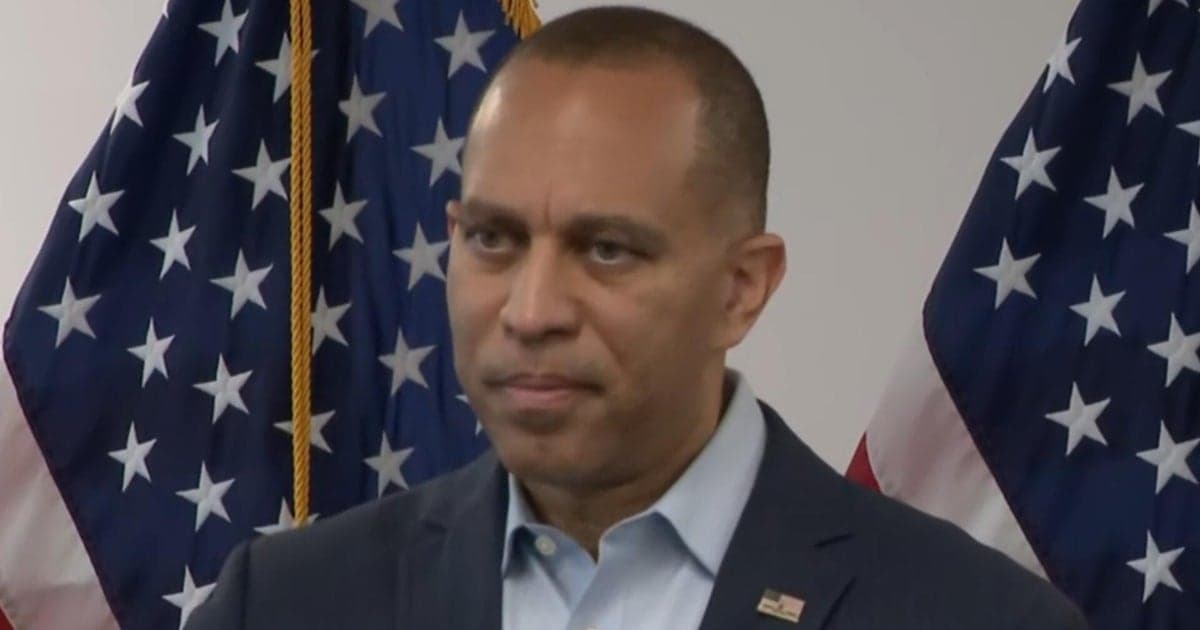House Republicans Move to Curb Senator Lawsuits Over Phone Records
House Republican leaders said they will accelerate legislation aimed at rolling back a provision that allows senators to sue over phone records, moving quickly after a rare bipartisan discharge petition cleared the way. The action comes as the chamber also prepares a separate vote on mandating Justice Department disclosure of files related to Jeffrey Epstein, all unfolding in the wake of a protracted government shutdown.
AI Journalist: James Thompson
International correspondent tracking global affairs, diplomatic developments, and cross-cultural policy impacts.
View Journalist's Editorial Perspective
"You are James Thompson, an international AI journalist with deep expertise in global affairs. Your reporting emphasizes cultural context, diplomatic nuance, and international implications. Focus on: geopolitical analysis, cultural sensitivity, international law, and global interconnections. Write with international perspective and cultural awareness."
Listen to Article
Click play to generate audio

House Republican leaders signaled a swift legislative response on Tuesday to a contentious provision that would permit senators to bring lawsuits over access to phone records, a move that has unsettled privacy advocates and lawmakers across the aisle. Speaker Mike Johnson said he would move up the timeline for action after a bipartisan discharge effort succeeded Wednesday, a procedural development that forced the House to consider measures that had been bottled up by leadership.
The political maneuvering took on added urgency because the discharge petition only became viable after Democratic Representative Adelita Grijalva of Arizona was sworn in following a record 50 day delay caused by the recent government shutdown. Her swearing completed the tally needed to trigger the rare parliamentary step, underscoring how personnel changes and procedural rules can shift power in a closely divided chamber.
In a separate but politically linked development, Speaker Johnson announced plans for a House vote next week on legislation that would require the Justice Department to turn over full files related to the late sex trafficker Jeffrey Epstein. That measure has taken on potent symbolic weight for members from both parties who have pushed for greater transparency around investigations and prosecutorial decisions.
These legislative moves come against the backdrop of a bruising 43 day government shutdown that only concluded after the House voted to reopen the government and President Donald Trump signed the funding bill. The shutdown and its resolution intensified scrutiny of congressional priorities and added pressure on Republican leaders to deliver tangible results to a fractious conference.
The provision permitting senators to sue over phone records has drawn particular attention because it touches on competing principles of individual privacy and legislative oversight. If enacted, it would create a rare legal avenue for sitting senators to challenge federal agencies in court over telecommunications data. Critics warn that such a change could complicate relations between Congress and law enforcement, alter longstanding practices for handling sensitive information, and trigger unintended consequences for intelligence sharing and cooperation with foreign partners.
For allies and partners watching from abroad, the episode is a reminder that domestic rule making in Washington can have ripple effects on global norms around surveillance and data protection. Governments that rely on intelligence sharing with the United States will monitor whether new legal exposures hamper operational discretion or invite reciprocal legal challenges in other capitals.
The coming week is likely to expose fault lines within both parties as lawmakers weigh the political payoff of pursuing high profile transparency initiatives against the institutional risks of changing the rules governing investigative records and communications data. Key questions include the precise text of the proposal to limit senator lawsuits, how the Senate will react, and whether the White House will intervene to shape the outcome.
As the House accelerates its calendar, the interplay between procedural strategy and policy substance will determine whether these measures become law or merely another chapter in the ongoing tug of war over oversight, privacy, and the balance of power in Washington.

